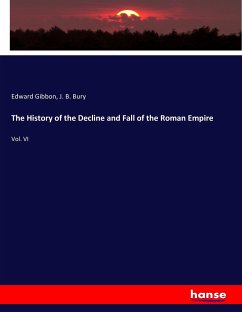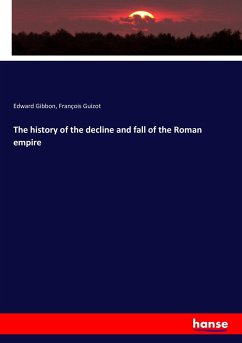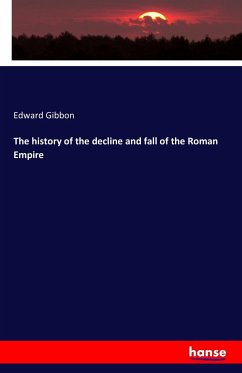The study of decline in history deserves as much attention as progress, and yet there are very few comparative studies available. This book fills that gap. Drawing on the works of Immanuel Wallerstein, Fernand Braudel, Michael Mann and Jonathan Israel to inform his approach, Thomson examines the experience of decline in history with particular reference to Europe. He argues that the history of Afro-Asian and European civilizations has been characterized by a slow diffusion of cultural and technical skills which has occasioned repeated cycles of progress and decline. The European variant of this dynamic was shaped by its unique qualities of political pluralism and economic dynamism, resulting in declines that were 'micro' rather than 'macro' in character. Thomson develops his argument through a structured narrative of economic and technical change in European history from the fall of Rome and the decline of Byzantium to Italy's declines and to those of Portugal and Spain. Within Spain, the decline of Castile is distinguished from those of Andalucia and Aragon; Thomson shows that the final decline of Andalucia and Aragon in the seventeenth century, rather than being a specifically Spanish crisis, was part of a general upheaval affecting the whole of the western Mediterranean and much of central Europe. Wide-ranging and clearly written, Decline in History will be an invaluable text for students of European and comparative history.
Hinweis: Dieser Artikel kann nur an eine deutsche Lieferadresse ausgeliefert werden.
Hinweis: Dieser Artikel kann nur an eine deutsche Lieferadresse ausgeliefert werden.
"James Thomson's Decline in History offers an originalapproach to its subject, combining boldness in conception with carein execution and a lucid exposition with the capacity to drawdistinctions wherever they are necessary. The author, a well-knownspecialist on Mediterranean history, is clearly in command of hismaterial, he is analytic and comparative, and his conclusions areas fresh as they are judicious. This is an ideal book to setstudents thinking." Professor Peter Burke, Emmanuel College,Cambridge
"This is an unusual and challenging book. JamesThomson has chosen to study what to many will seem an unfashionabletheme - economic decline - and his approach is ambitiously broadand comparative, from the great ancient empires, via Byzantium toItaly, Portugal and Spain. His study will be of undoubted value touniversity students through his clear outline of the main theses ofhistorians and social scientists with a comparative approach, inparticular Braudel, Wallerstein, Jonathan Israel and Michael Mann,but equally through his valuable discussion of why the differentItalian and Iberian economies declined." Stuart Woolf,Università ca'Foscari de Venezia
"His thesis is a bold one and will not commmand universalassent, but the theory is certainly stimulating and Thomson'scontribution to discussion over decline is much to be welcomed."Jeremy Black, University of Exeter
"Thomson's theory is certainly stimulating, and his contributionto discussion over decline is much to be welcomed". JeremyBlack, University of Exeter, Brill's journals
"This is an unusual and challenging book. JamesThomson has chosen to study what to many will seem an unfashionabletheme - economic decline - and his approach is ambitiously broadand comparative, from the great ancient empires, via Byzantium toItaly, Portugal and Spain. His study will be of undoubted value touniversity students through his clear outline of the main theses ofhistorians and social scientists with a comparative approach, inparticular Braudel, Wallerstein, Jonathan Israel and Michael Mann,but equally through his valuable discussion of why the differentItalian and Iberian economies declined." Stuart Woolf,Università ca'Foscari de Venezia
"His thesis is a bold one and will not commmand universalassent, but the theory is certainly stimulating and Thomson'scontribution to discussion over decline is much to be welcomed."Jeremy Black, University of Exeter
"Thomson's theory is certainly stimulating, and his contributionto discussion over decline is much to be welcomed". JeremyBlack, University of Exeter, Brill's journals








